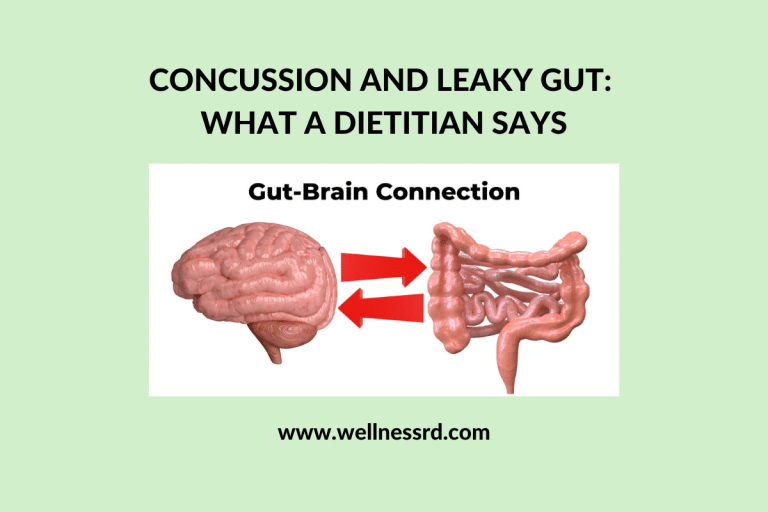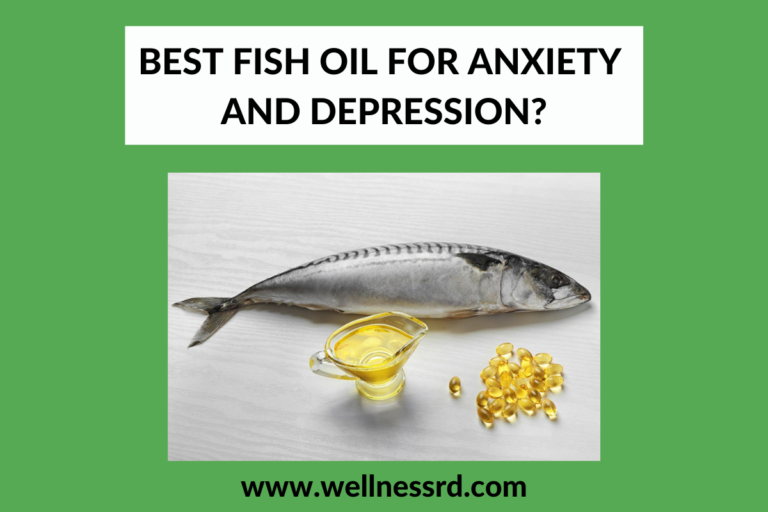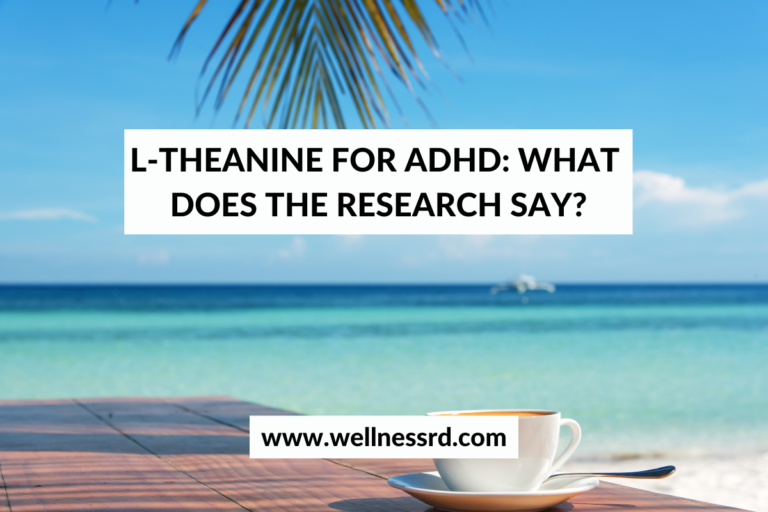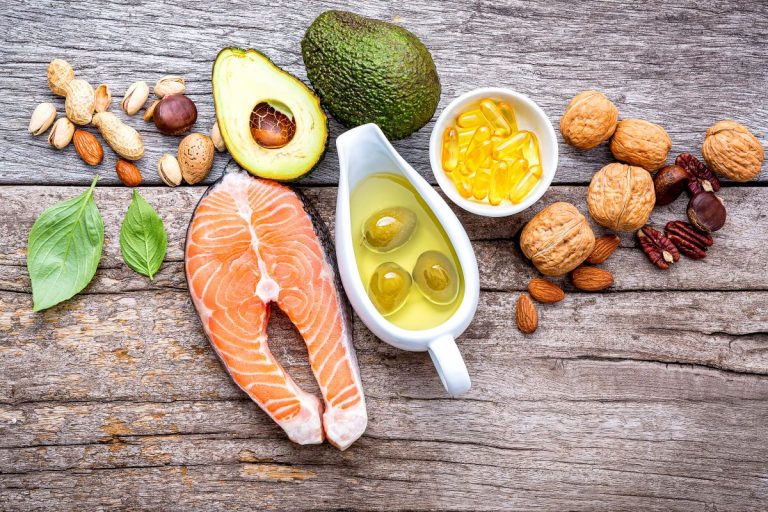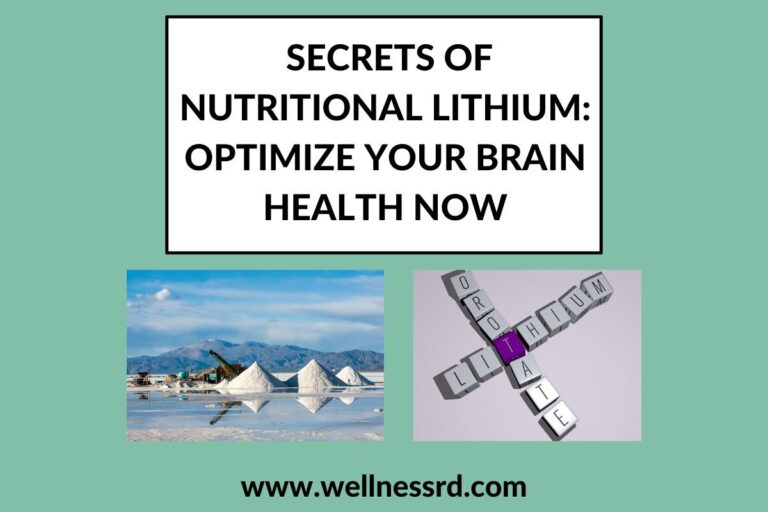Foods That Lower Cortisol, Reduce Anxiety, and Finally Relax Your Brain (Get the Registered Dietitian’s Guide)
Having anxiety? Stressed out? Feeling the “fight or flight”?
Learn about nourishing foods that lower your cortisol levels and promote a sense of calm. Discover the anxiety reducing foods and lifestyle changes that can help you find balance and support your health.
High cortisol can lead to a variety of symptoms including anxiety, poor sleep, weight gain, and gut challenges.
In this article, Amy Archer, Registered Dietitian Nutritionist, will discuss cortisol, symptoms of high cortisol, foods that lower your cortisol, and other factors that can affect cortisol levels.
This information is for educational purposes only. As with any medical advice, always check with your doctor or healthcare professional for personal and age-appropriate recommendations.
Want a copy of this article? Click here to download a copy of this article.
Keep reading to learn more and get the guide.
Table of Contents
What is Cortisol?
Cortisol is a steroid hormone made by your adrenal glands which are located on top of the kidneys. It has a wide variety of functions throughout your body including (1):
- Regulating stress
- Controlling metabolism
- Balancing blood sugar
- Reducing inflammation
- Regulating your sleep-wake cycle, your sleep!
- Optimizing your blood pressure
Cortisol has patterns and when the rhythm is disrupted, it can affect many systems in your body including your stress response, metabolism, immune system, and of course your sleep.

Symptoms of High Cortisol
Symptoms of “fight or flight” are common when your cortisol is elevated.
Some symptoms you could experience are:
- Elevated heart rate
- Increased blood pressure
- Difficulty sleeping
- Anxiety
- Nausea
- Weight gain
Can Adrenal Stress Contribute to Belly Fat?
An increase in your blood sugar due to high cortisol can lead to weight gain including an increase in belly fat (adrenal stress may contribute to belly fat!) (2, 3).
Medical Causes of High Cortisol
Having a high cortisol for an extended period may be due to a medical problem or use of steroids. Be sure to check in with your doctor.
If your high cortisol is not due to a medical problem, it may be caused by other factors.
Foods That Lower Cortisol
A natural way to reduce your cortisol is to eat foods that may lower your cortisol. Start with a nutrient dense nutrition plan filled with plants and healthy protein.
Cortisol and Magnesium
Magnesium rich foods can lower cortisol levels. Choose pumpkin seeds, chia seeds, almonds, spinach, cashews, peanuts, black beans, soybeans, bananas, avocados and some dairy products (4, 5).
Omega 3’s to Lower Inflammation and Cortisol
Omega 3’s have shown to lower inflammation and cortisol (6). Choose foods high in omega 3’s like the SMASH fish:
- Salmon
- Mackerel
- Anchovies
- Sardines
- Herring
Vitamin C for Stress
Vitamin C appears to restore your stress response. Good sources include red and green peppers, oranges, kiwi, broccoli, and strawberries (7, 8, 9). A supplement may be recommended.
Prebiotics and Probiotics
Prebiotics and probiotics improve sleep quality, stress, and lower cortisol levels (10).
Prebiotic foods are bananas, chicory root, garlic, Jerusalem artichokes, and onion.
Kefir, kimchi, kombucha, miso, sauerkraut, tempeh, and yogurt are fermented foods and drinks. According to the ISAPP (International Scientific Association for Probiotics and Prebiotics), some of these may not contain enough microbes to be considered a probiotic fermented food so supplements may be necessary (11).
Polyphenols as a Powerful Antioxidant
Polyphenols are powerful antioxidants that can reduce your cortisol levels (12). Resveratrol and epigallocatechin gallate (EGCG) are 2 polyphenols which have been studied.
Resveratrol is found in red grapes. Decaffeinated green tea contains EGCG.
Dark chocolate (recommend 70% or higher cocoa) contains flavonoids which lowers cortisol (13).
Intermittent Fasting and Cortisol
How does intermittent fasting affect cortisol? A systematic review in 2021 resulted in lower evening cortisol with intermittent fasting, late night meal/snack skipping, and Ramadan fasting (14, 15). Try fasting to lower your cortisol.
Supplements To Lower Your Cortisol Levels
There are many supplements that can regulate your cortisol levels. We discussed some vitamins and minerals in foods that can benefit your cortisol. Some of the supplement forms are:
- Magnesium
- Omega 3’s
- Vitamin C
- Prebiotics
- Probiotics (16)
- Polyphenols
Additional supplements include l-theanine, phosphatidylserine, lemon balm, ashwagandha, chamomile, rhodiola, bacopa, passionflower, and ginseng.
Psychobiotics which are probiotics that affect your central nervous system have been studied and resulted in decreased inflammation and lower cortisol levels (17).
Best Ways to Lower Your Cortisol Beyond Nutrition
There are many ways to lower your cortisol with lifestyle changes.
Reduce stress
Find ways in everyday life to reduce your stress. See some of the suggestions below!
Meditation/Deep Breathing
Studies show meditation reduces cortisol levels in at-risk people who are stressed (18).

Yoga
Yoga can reduce inflammation in your body and lower cortisol (19).
Sleep
Sleep hygiene is important to improve the quality of your sleep and mental health (20, 21). Go to bed and wake up at the same time each day, limit screens at night.
Exercise
Physical exercise reduces cortisol levels. This can be influenced by type and frequency of your exercise (22). With the improvement of cortisol after exercise, sleep also was better in studies (23).
Laughter
Spontaneous laughter results in a reduction in cortisol according to a recent review in 2023 (24).
Healthy relationships
Maintaining healthy relationships reduces your stress and can lower cortisol.
Testing: What is the Cortisol Awakening Response?
There are ways to test your cortisol. Cortisol can be measured by blood, saliva, or urine (25).
Your cortisol awakening response (CAR) measures the rise in cortisol after waking and can affect cognition (26).
Your healthcare professional can order a cortisol test.
Final Thoughts
Cortisol is a steroid hormone made by your adrenal glands that is your body’s main stress hormone.
Signs of high cortisol include elevated heart rate, increased blood pressure, difficulty sleeping, anxiety, nausea, weight gain.
Many foods may lower your cortisol such as foods high in magnesium, omega 3’s, vitamin C, prebiotic, probiotics, and polyphenols.
Intermittent fasting, reducing stress, meditation, yoga, sleep, exercise, laughter, and healthy relationships can influence your cortisol level.
Your healthcare professional can order a cortisol test.
Read the blog for more information on functional nutrition.
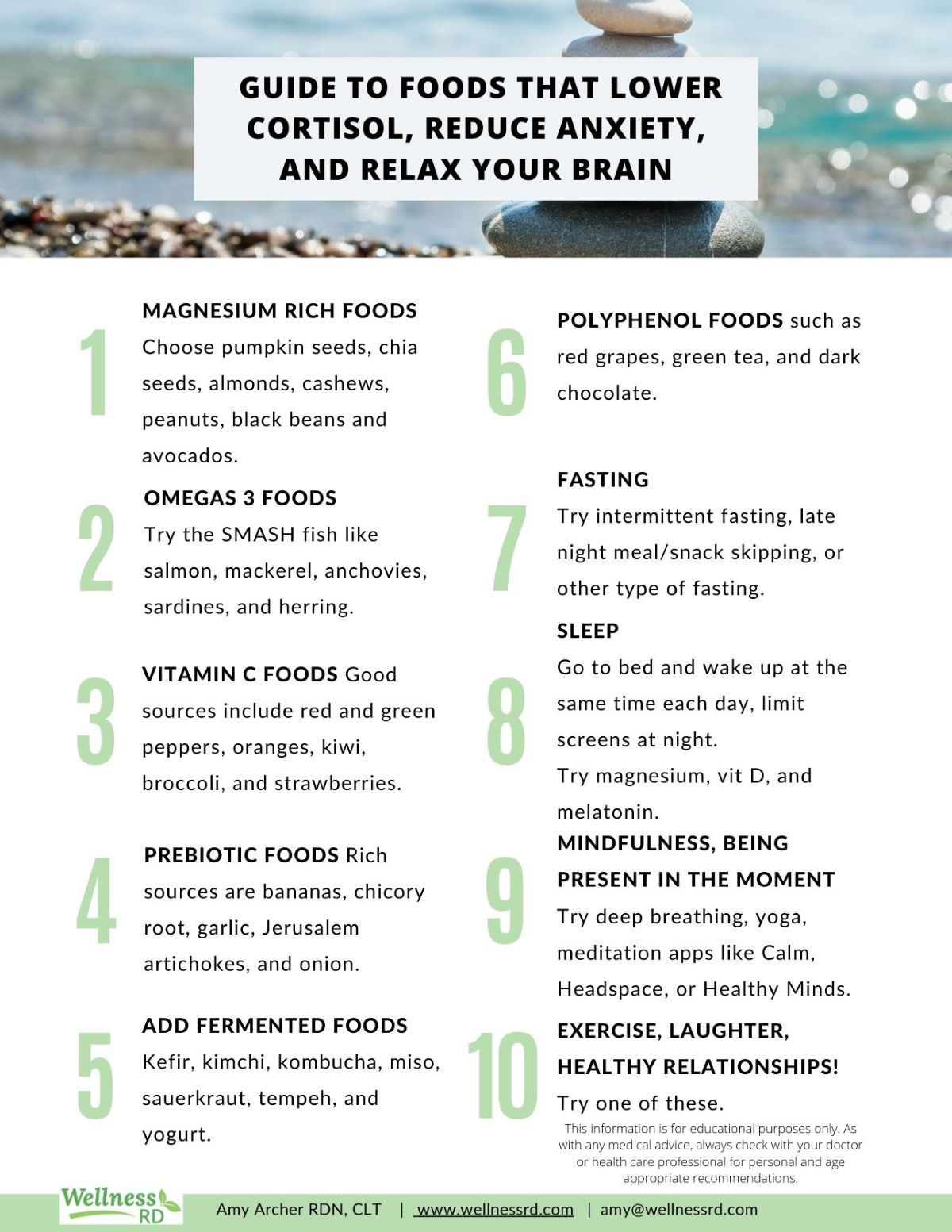
GET YOUR GUIDE HERE!
Test don’t guess.
Contact me to schedule an appointment to review your personalized nutritional health.
© Amy Archer RDN, CLT, CHWC

